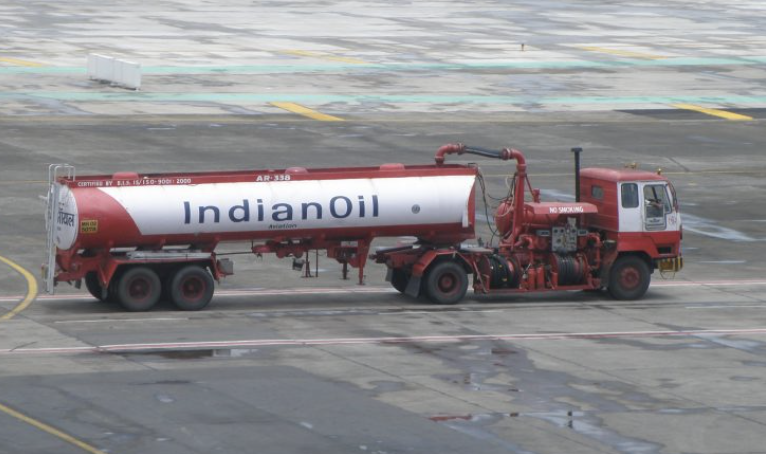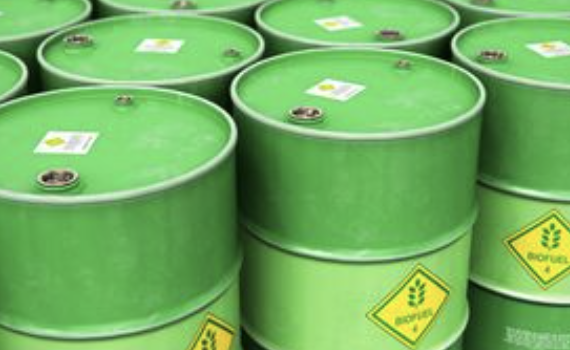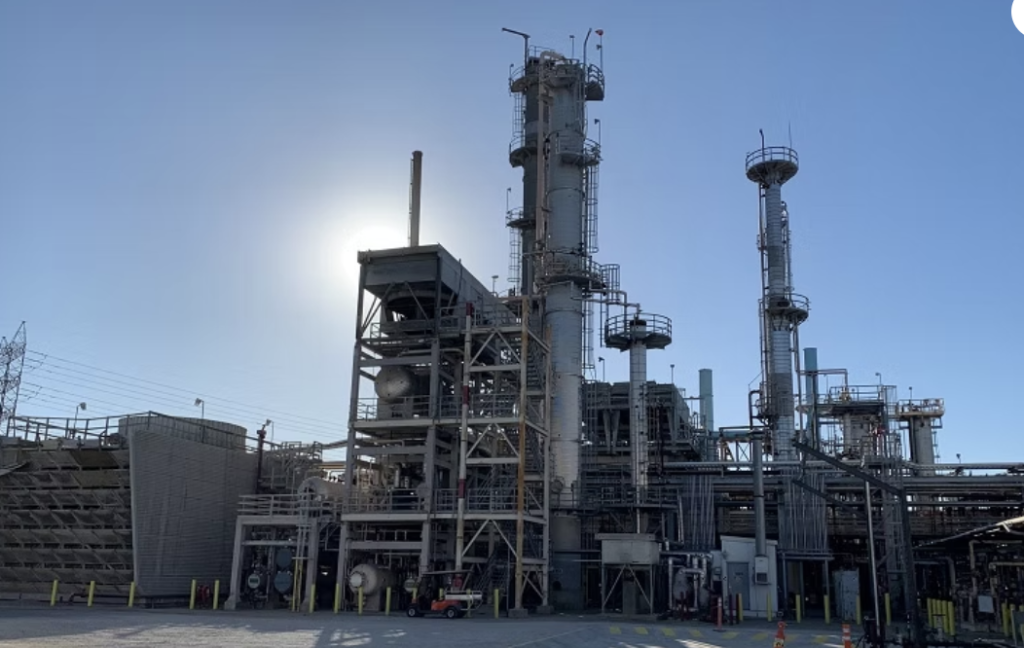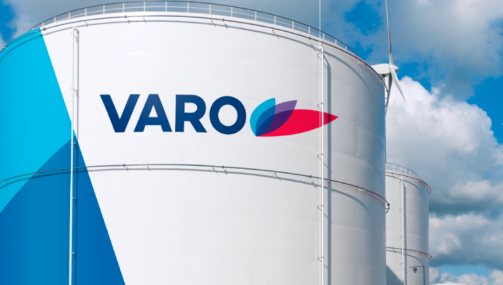
April 4, 2025
India’s leading energy company, Indian Oil Corporation (IOC), is poised to introduce its first batch of Sustainable Aviation Fuel (SAF) by March…

April 4, 2025
Japanese energy powerhouse ENEOS Corporation has just unveiled a groundbreaking sustainable aviation fuel (SAF) agreement with American Airlines—marking the first-ever SAF procurement…

April 4, 2025
As Brazil’s fuel market faces increasing regulatory challenges, INFRA news agency reports that the board of directors of the National Agency for…

April 4, 2025
On April 2, the Asian Sustainable Aviation Fuel Association (ASAFA) announced a strategic partnership with the World Bioenergy Association (WBA). This landmark…

April 4, 2025
April 4 – The National Association of Convenience Stores (NACS), the National Association of Truck Service Stations (NATSO), and the Society of…

April 2, 2025
Desmet (Desmet) recently announced that it has been awarded a new contract from LG-ENI Biorefining, a joint venture between LG Chem and…

April 1, 2025
Varo Energy, backed by private equity giant Carlyle Group (CG.O), and global trading leader Vitol Group announced on Monday that they have…

April 1, 2025
Biofuel producer EcoCeres has teamed up with Mitsui & Co Energy Trading, KPI OceanConnect and Global Energy Group to supply hydrogenated vegetable…

March 31, 2025
In the current global trade environment, protecting the EU biofuels industry from external threats is just as important as promoting more rational…

March 31, 2025
The Trump administration has urged oil and biofuel producers to reach a compromise on the future of U.S. biofuel policy in an…










